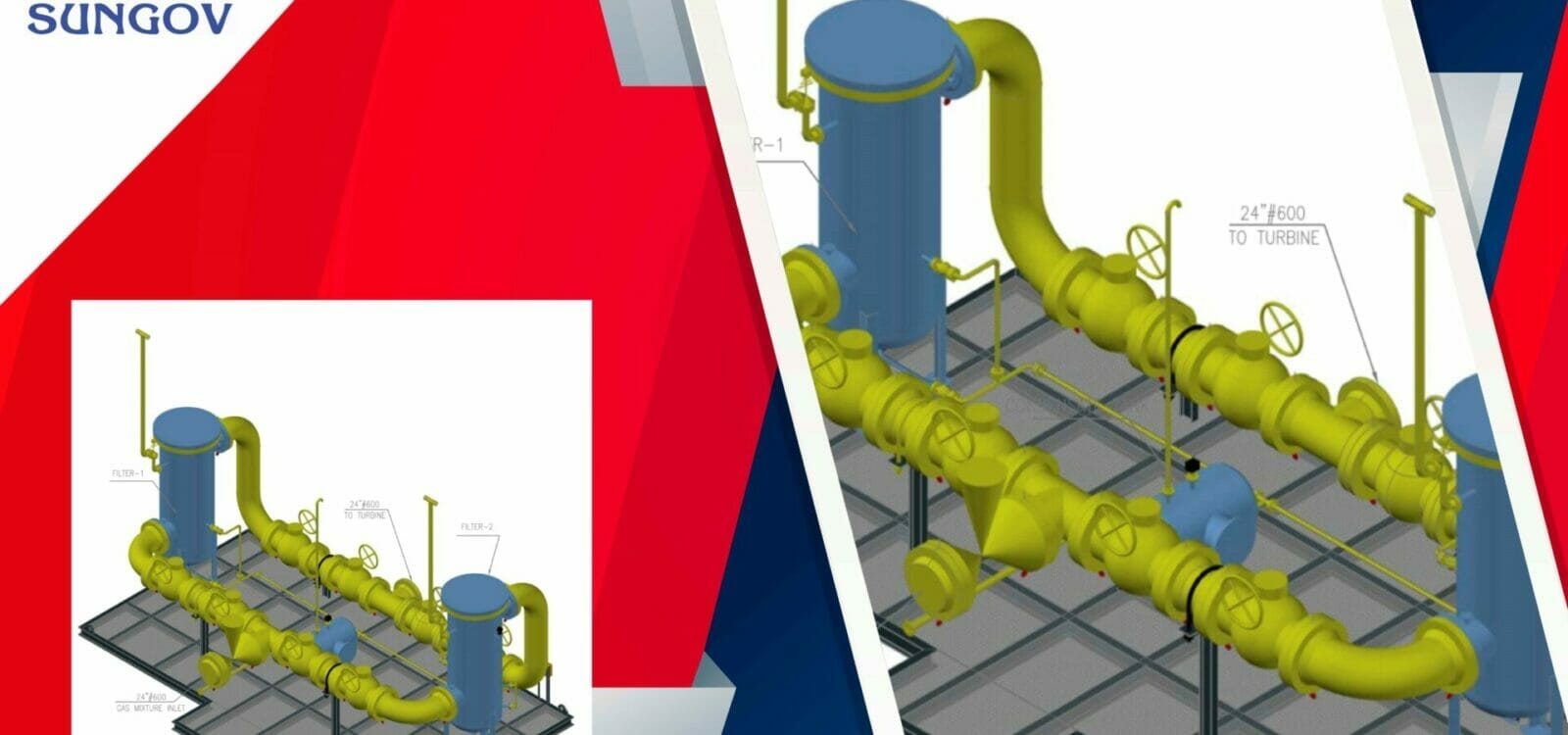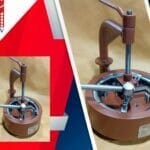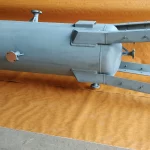In modern power plants (combined cycle power plants), the use of natural gas as fuel has turned out to become indispensable. However, combustion turbines are extremely sensitive to contaminants. Contaminants can be in the form of solids or liquids. When the fuel gas is not properly treated, critical repairs may ensue that can turn out very expensive. This necessitates fuel gas conditioning and maintenance of purity to the highest levels.
Adverse effects caused by contaminants
Listed below are the effects that contaminants can have on your power-generating equipment:
- Low quality of gas fuel can drastically reduce equipment life
- Results in loss of efficiency and creates unscheduled downtime
- Causes derating of turbine capacity
- Leads to corrosion and deposits that can damage the gas turbine
- May require expensive start-up
Before infusing natural gases into a gas turbine generator, it is necessary to pre-treat them with the help of fuel gas conditioning equipment. In a fuel gas conditioning process, natural gas is treated as useable gas. The important function of a fuel gas conditioning skid is to remove even the smallest of liquid/solid contaminants and to alter the gas temperature to the desired condition.
Sungov Engineering provides custom-engineered and standard fuel gas conditioning systems that work best for compressors, engine burners, and gas turbines.
The need of the hour is to have structured and practical fuel gas conditioning equipment that can furnish the process with dry, clean, and heated gas. Adequate heating of the gas above the gas dew point eliminates possible condensation inside the system. The absence of such a system or a poorly engineered system can lead to extensive irreparable loss or damage to crucial power-generating equipment.
Generally, a fuel gas conditioning system is supposed to help with the following:
- Extend the lifespan of the power-generating equipment
- Improve the equipment performance
- Reduce maintenance cost
- Limit unscheduled repairs
The Typical Components of the Fuel Gas Conditioning System
The following lists the components of a fuel gas conditioning system (typical, each application will vary):
- Fuel gas superheaters (electric) with dew point controls
- Fuel gas scrubber
- Fuel gas preheaters
- Separators and Filters to help in an efficient solid and fine droplet liquid removal
- Knockout Drums and Separators that remove bulk liquid
- Instrumentation and Valving that constitutes emergency shutdown, isolation, and control valves
- Temperature flow and pressure instruments
- Power control panels
The Sungov Advantage

To develop, design, and build an efficient fuel gas conditioning system, Sungov Engineering leverages decades of experience in the manufacturing field that specifically caters to the power generation industry. Our in-house process, mechanical, civil, instrumentation, electrical, and control system designers ensure the fuel gas conditioning skid packages are optimally engineered for your requirement. Having worked with several clients, we can assure you of impeccable quality and outstanding performance.
Our vertically integrated system ensures that the product you receive is top-notch in terms of performance and quality. Right from the filter element, heating element, piping, power controller, instrumentation, and pressure vessels, our engineers can give you a one-stop-shop comprehensive package. Here is what we can do for you:
- Pressure testing, welding, and certification performed to ASME BPVC codes standards
- Inhouse manufacturing enables space-saving and systematic design as desired
- Use of engineering design tools
- Availability of third-party certification
For more information get in touch with our application engineer today!




